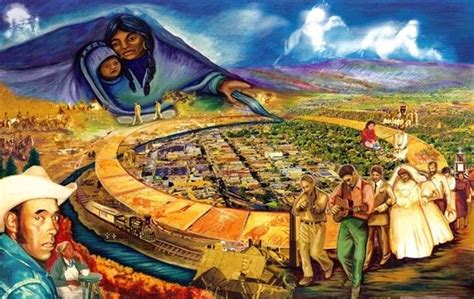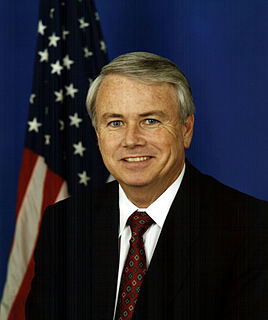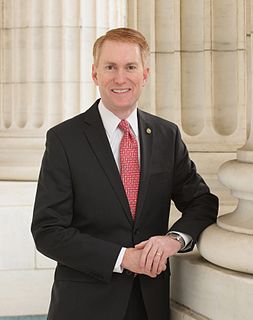A Quote by John Shelby Spong
If I want to put a Christmas tree in my yard, or three crosses for the crucifixion story, that's fine. But if I try to use public property or a public school as a way to impress my religion on other people, I think that violates the constitution.
Related Quotes
The Constitution forbids states from banning all religion from public spaces and from making churches the ghettos of religion where all manifestations of faith are kept separate from public life. Religious people have an equal right to participate in the public square and to have their contributions to Oklahoma history and society recognized.
I really don't want to produce artwork that does not have meaning beyond simple decorative values. I want to use public space to create a public voice, and a public consciousness about the presence of people who are, in fact, the majority of the population but who are not represented in any visual way. By telling their stories we are giving voice to the voiceless and visualizing the whole of the American story.
Last year I was on Pat Robertson's show, and we discussed our basic Christian faith - for instance, separation of church and state. It's contrary to my beliefs to try to exalt Christianity as having some sort of preferential status in the United States. That violates the Constitution. I'm not in favor of mandatory prayer in school or of using public funds to finance religious education.
The best way to alleviate the obesity "public health" crisis is to remove obesity from the realm of public health. It doesn't belong there. It's difficult to think of anything more private and of less public concern than what we choose to put into our bodies. It only becomes a public matter when we force the public to pay for the consequences of those choices.
Minnesota is a state of public-spirited and polite people, where you can get a good cappucino and eat Thai food and find any book you want and yet live on a quiet tree-lined street with a backyard and send your kids to public school. When a state this good hits the jackpot, it can only be an inspiration to everybody.
You make a film and you can't really pick the way it's put to the public. You control the content, but the way it's marketed, or the poster, or what they're telling the public about the film, it's beyond you. Some people don't even see them, because they think they already know it. That can be frustrating, when something you've done is marketed in a way you think is antithetical to what it is.
The more evolutionary theory gets called an atheistic theory, the greater the risk that it will lose its place in public school biology courses in the United States. If the theory is thought of in this way, one should not be surprised if a judge at some point decides that teaching evolutionary theory violates the Constitutional principle of neutrality with respect to religion.





































